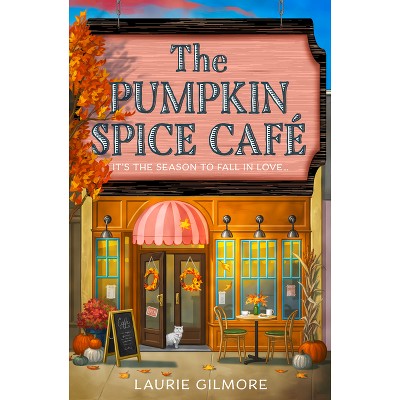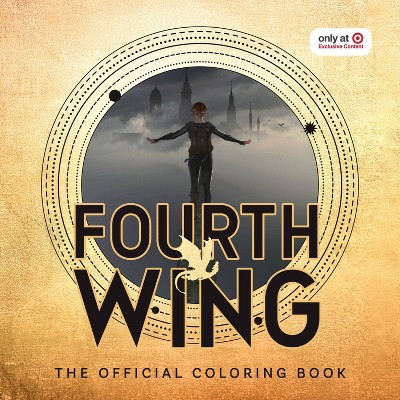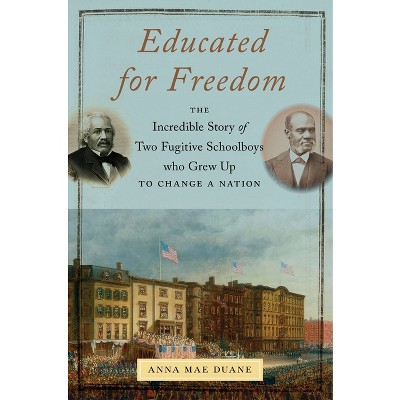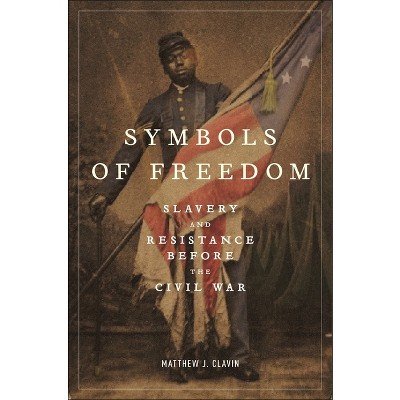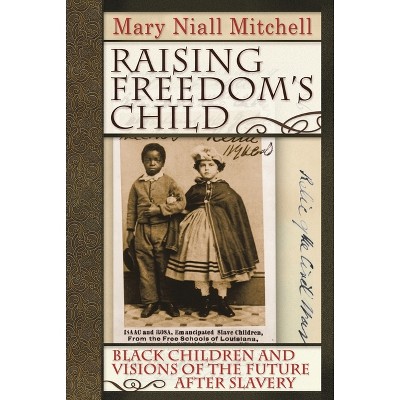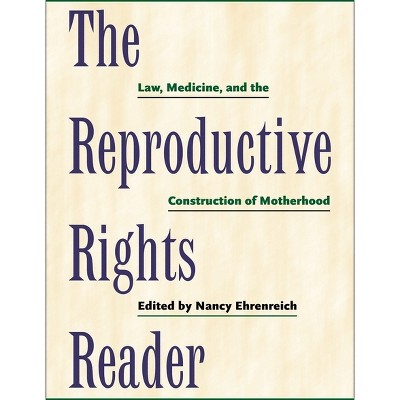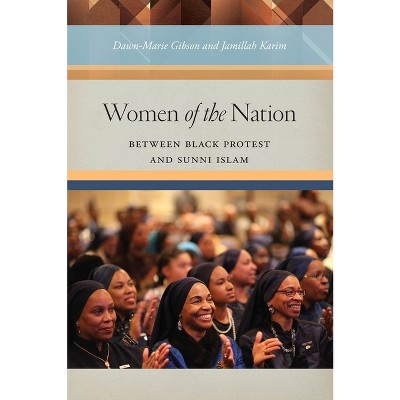About this item
Highlights
- It is virtually impossible to generalize about the degree to which women in early America were free.
- Author(s): Larry Eldridge
- 366 Pages
- Social Science, Women's Studies
Description
Book Synopsis
It is virtually impossible to generalize about the degree to which women in early America were free. What, if anything, did enslaved black women in the South have in common with powerful female leaders in Iroquois society? Were female tavern keepers in the backcountry of North Carolina any more free than nuns and sisters in New France religious orders? Were the restrictions placed on widows and abandoned wives at all comparable to those experienced by autonomous women or spinsters?
Bringing to light the enormous diversity of women's experience, Women and Freedom in Early America centers variously on European-American, African-American, and Native American women from 1400 to 1800. Spanning almost half a millenium, the book ranges the colonial terrain, from New France and the Iroquois Nations down through the mainland British-American colonies. By drawing on a wide array of sources, including church and court records, correspondence, journals, poetry, and newspapers, these essays examine Puritan political writings, white perceptions of Indian women, Quaker spinsterhood, and African and Iroquois mythology, among many other topics.
Review Quotes
"An engaging and fascinating book. In a surprising and unexpected fashion, Carl Gutierrez-Jones shows how narrative fictions become social facts, and how 'raced ways of knowing' secretly shape how we make sense of our shared social life."-George Lipsitz, author of "The Possessive Investment in Whiteness"
"In its own rhetorical practices as well as its prescriptions, his book makes a powerful case for why not only John Rechy's migrants need 'alternative stories to engage their imagination and critical facilities, ' but why the socially and economically privileged do too. It's an impressive display."-Michael Cowan,
"Mining the proliferation of discourses of racial injury in US popular culture, law, and academics, Carl Gutierrez-Jones offers an interdisciplinary tour de force that challenges readers to rethink nearly every model for analyzing race used today. Emerging when formal politics in the US have been wholly kidnapped by the far Right, Critical Race Narratives has arrived just in time."-Robyn Wiegman, Duke University, author of "American Anatomies: Theorizing Race and Gender"
Shipping details
Return details
Trending Poetry


